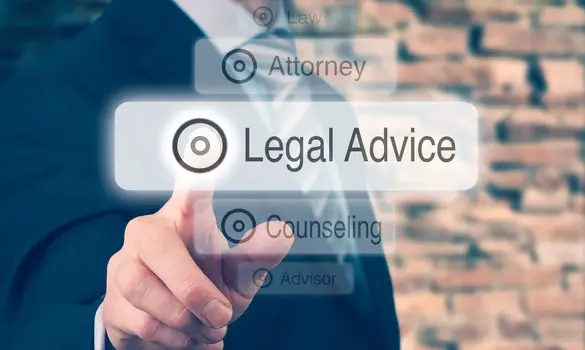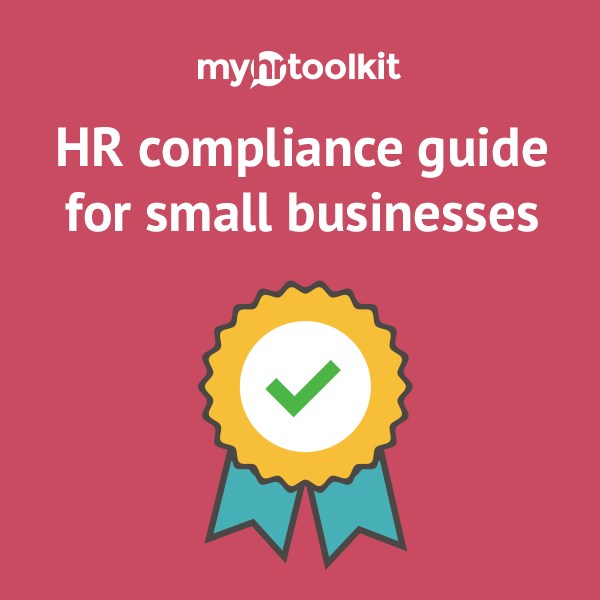
Embarking on the journey of small business ownership is like navigating a vast ocean. While the waters can be thrilling and full of opportunity, they're also fraught with legal challenges that can sink your ship if you're not prepared. But fear not! With the right legal life jacket and a compass of essential legal tips, you can steer your business to safe and prosperous shores.
Why Legal Knowledge Matters for Small Business Owners
In the whirlwind of entrepreneurship, legal considerations might not seem as pressing as sales or marketing. However, understanding business law essentials is like having a strong foundation for your house; it supports everything else. Without it, you risk costly fines, lawsuits, or even the closure of your business.
Essential Legal Tips for Small Business Owners
Choose the Right Business Structure
Are you a sole proprietor, an LLC, or a corporation? This isn't just about titles; your business structure affects your taxes, liability, and fundraising abilities. For instance, LLCs offer liability protection, while corporations can issue stock for fundraising. The U.S. Small Business Administration offers a helpful guide on this.
Understand Small Business Compliance
Compliance isn't just a suggestion; it's the law. Depending on your industry, you might need specific licenses or permits. Plus, all businesses need to comply with tax requirements, workplace safety standards, and employment laws. The IRS Small Business and Self-Employed Tax Center is a great resource for tax compliance.
Protect Your Intellectual Property
Your business's unique ideas, designs, and branding are valuable assets. Imagine if someone stole the secret recipe to your best-selling product? To protect your intellectual property, consider trademarks, patents, and copyrights. The U.S. Patent and Trademark Office is an excellent starting point.

Draft Clear Contracts
Contracts are like the rules of a game. They should be clear, concise, and cover all possible scenarios. Whether it's with employees, suppliers, or clients, a well-drafted contract can save you from legal headaches down the line.
Know Employment Law Basics
If you have employees, you need to understand employment law basics. This includes fair hiring practices, workplace safety, wage and hour laws, and anti-discrimination laws. The U.S. Department of Labor provides comprehensive guides on these topics.
Have a Plan for Disputes
Disputes happen, even in the best of businesses. Having a plan in place can save you time, money, and stress. This could include mediation, arbitration, or litigation. Remember, it's always easier to resolve disputes when you're prepared.
Stay Updated on Law Changes
Laws aren't stagnant; they change and evolve. As a business owner, it's your responsibility to stay updated. Consider subscribing to legal newsletters or blogs, or consulting with a legal professional regularly.
When to Seek Professional Business Legal Advice
While understanding business law essentials is crucial, there are times when you should seek professional legal advice. This includes complex legal issues, lawsuits, or significant business transactions. Don't try to navigate these storms alone; a skilled lawyer can be your lighthouse.
Protecting Small Businesses: Prevention is Better than Cure
Just as you'd install a security system to protect your business from theft, you should take legal precautions to protect it from lawsuits. This includes having the right insurance, maintaining accurate records, and seeking legal advice when needed. Remember, prevention is always better (and cheaper) than cure.

Conclusion: Navigating the Legal Waters of Small Business Ownership
Navigating the legal waters of small business ownership can seem daunting, but with the right knowledge and preparation, you can steer your business to success. Remember, understanding business law essentials isn't just about avoiding legal trouble; it's about creating a strong, sustainable business.
Don't let legal issues sink your business. Take control, seek advice when needed, and always stay informed. Your business—and your peace of mind—will thank you.
FAQs
What is the best legal structure for a small business?
- There's no one-size-fits-all answer. It depends on your business type, size, and goals. Consulting with a legal professional can help you make the right choice.
Do I need a lawyer for my small business?
- While not mandatory, having a lawyer can be beneficial, especially for complex legal issues. They can provide tailored business legal advice and help protect your business.
What happens if I don't comply with small business regulations?
- Non-compliance can lead to fines, penalties, lawsuits, or even the closure of your business. It's always best to stay compliant.
How can I protect my business's intellectual property?
- Trademarks, patents, and copyrights are all ways to protect your intellectual property. Consult with a legal professional to determine the best route for your business.
What should I do if my business faces a legal dispute?
- First, stay calm. Then, gather all relevant documents and information, and consult with a legal professional. They can guide you through the dispute resolution process.
Posting Komentar